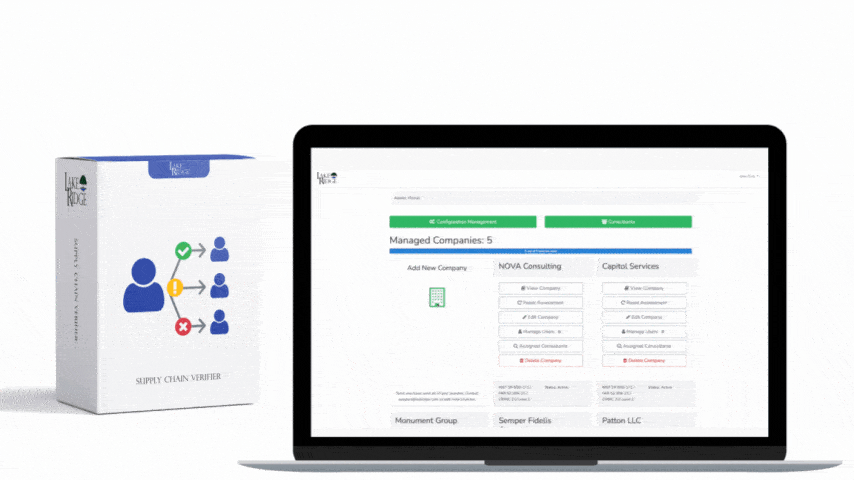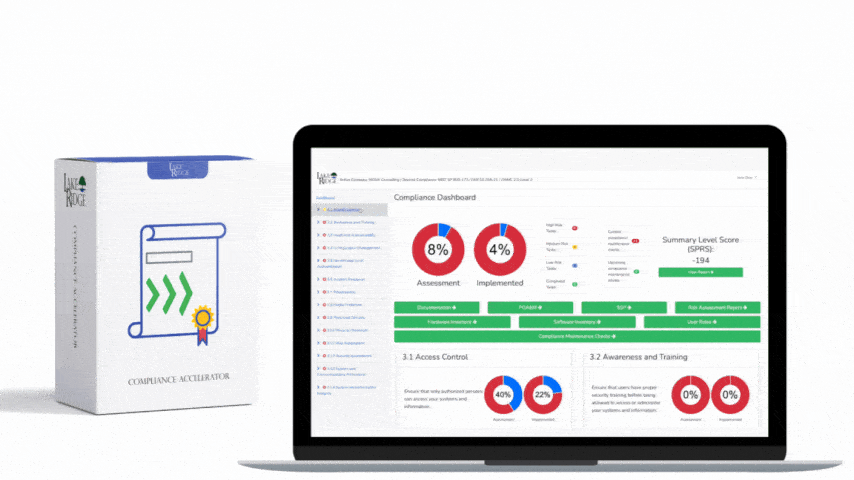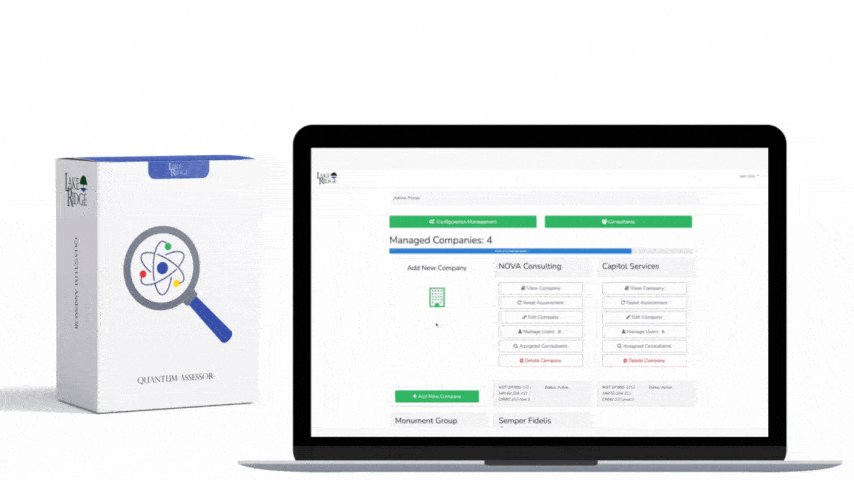Developing and implementing a comprehensive healthcare social media policy is essential to ensure HIPAA compliance, which guarantees that patient information remains private, secure, and is only shared with the explicit consent of the patient. By implementing these guidelines, healthcare organizations can create a robust social media policy that safeguards patient privacy and prevent HIPAA violations.
Balancing Healthcare Social Media Usage with HIPAA Compliance
In accordance with HIPAA regulations, healthcare providers are required to safeguard Protected Health Information (PHI). However, with the emergence of popular social media platforms like Facebook, TikTok, and Instagram, these regulations now encompass digital communications as well. This presents healthcare organizations with both opportunities and challenges. Utilizing social media in healthcare can have numerous advantages, such as promoting healthy lifestyles, increasing awareness of emerging health concerns, or announcing special clinics and services. Nevertheless, it is crucial to carefully monitor the use of social media to ensure compliance with HIPAA requirements.
Building a Solid Social Media Policy: Essential Components
Social media policies within the healthcare industry should encompass several vital components. Firstly, these policies should outline the different types of posts that are allowed, clearly distinguishing between personal and professional accounts. Secondly, they must provide specific procedures for managing patient inquiries or complaints through social media, with a strong emphasis on never discussing any Protected Health Information (PHI) in these public platforms. Lastly, guidelines should be established for posting images or videos, ensuring that accidental disclosure of PHI is avoided at all times.
HIPAA Social Media Compliance Training
Employee training is crucial once a policy has been implemented. It is important for staff members to not only grasp the intricacies of the policy, but also comprehend the underlying rationale, including the possibility of breaches and their consequences. Incorporating training into the onboarding process for new hires and revisiting it annually ensures that healthcare employees maintain a continuous understanding and adherence to the policy. Training should include an understanding of each social media platforms and the risk they pose in regards to HIPAA violations.
HIPAA Social Media Violations
HIPAA violations carry severe consequences, presenting both financial penalties and harm to one's reputation. This applies even in the realm of social media, as a seemingly innocent post or comment can inadvertently reveal sensitive personal health information (PHI). It is vital to bear in mind that once shared on social media, information can rapidly circulate, amplifying the potential harm caused. For instance, a dental practice was fined $10,000 after unlawfully disclosing PHI on a social media review platform, while a nursing assistant faced termination and a 30-day jail sentence for sharing a patient's video online.
HIPAA Patient Consent and Social Media
The protection of patient privacy lies at the core of the Health Insurance Portability and Accountability Act (HIPAA). This means that patients have the right to determine who can access their health information and under what circumstances. It is crucial for healthcare organizations to uphold this right, even in an era where social media emphasizes transparency and openness. To ensure compliance, it is essential to familiarize oneself with the patient authorization rules outlined in §164.508 of the HIPAA Privacy Rule.A valid authorization requires several key components:1. A clear and comprehensive description of the information that will be used or disclosed.2. A meaningful explanation of the purpose for which the information will be used or disclosed.3. Recognition that the information may be shared further.4. The individual's right to revoke the authorization.5. An expiration date for the authorization.Patients must also be aware that any personal health information (PHI) shared on social media platforms may be widely distributed. In the event that a patient requests a revocation of their authorization, healthcare organizations may face challenges in completely complying with this request.
HIPAA Social Media Policy Reviews
In light of the rapidly changing landscape of social media, it is crucial for organizations to consistently assess and revise their social media policies. This should include conducting regular audits to ensure adherence to these policies and to detect any possible concerns or areas that need enhancement. By proactively managing policies, organizations can prevent violations and ensure ongoing compliance.



